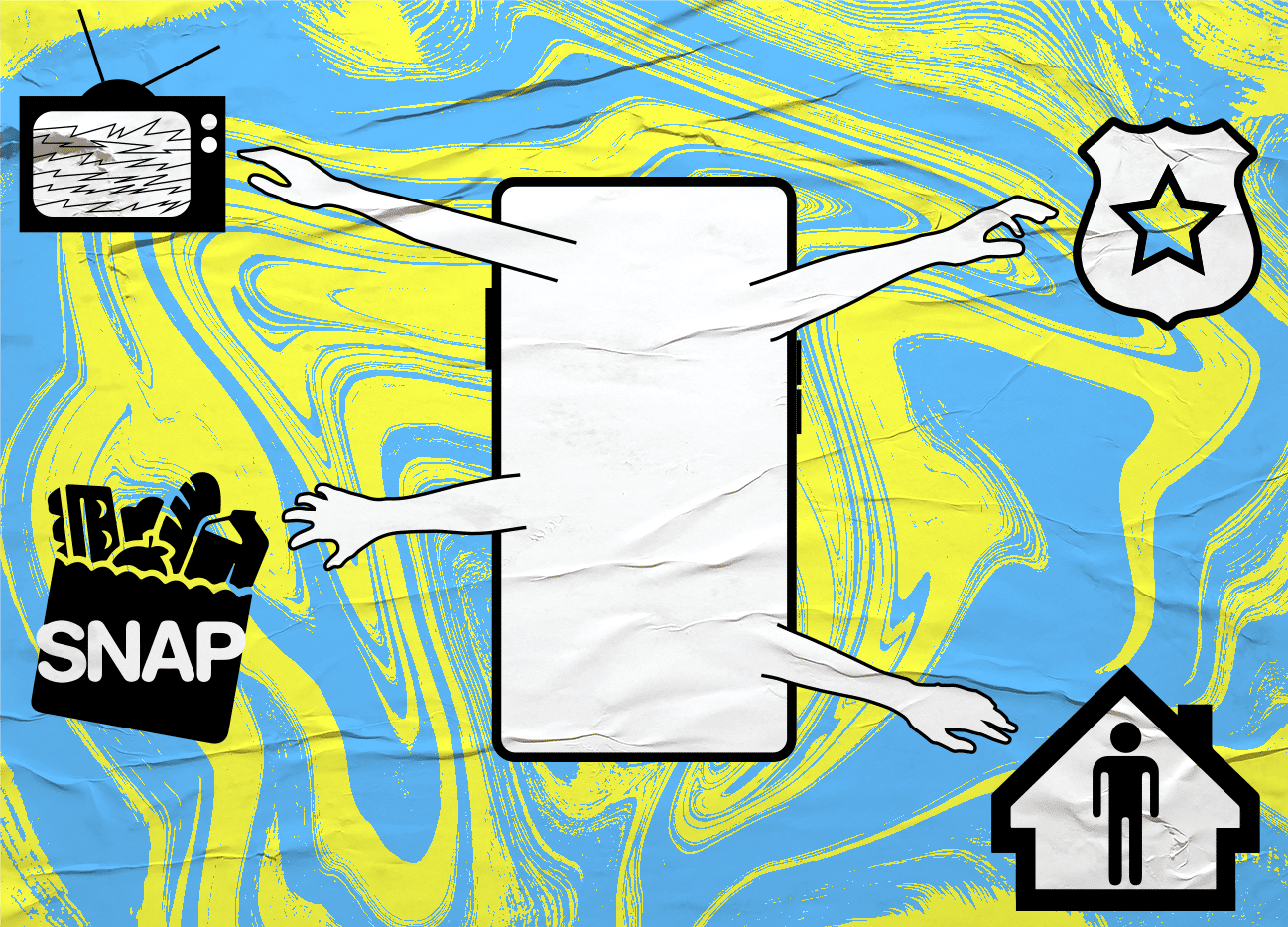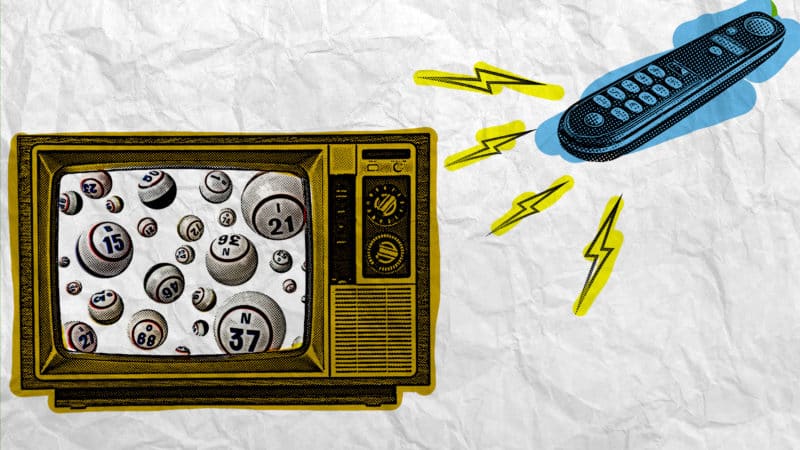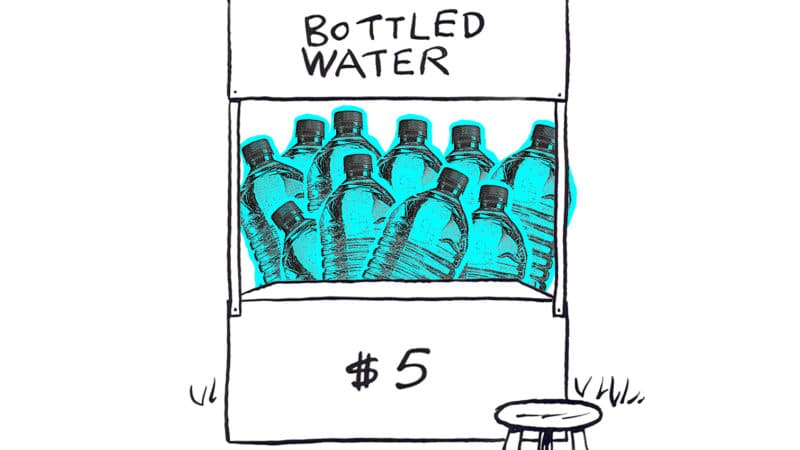From getting shelter to applying for jobs, cellphones have taken over as the way to get basic services — and get out of homelessness.
By Mary Stewart
I’ve often been judged for being homeless with a cell phone, but the fact is that cellphones are a worthwhile and necessary investment for the homeless.
While most of the outreach ministries insist that you go to their location to seek services, many of them only provide services on certain days at specific times or require you to make an appointment.
It’s usually wise to call ahead of time to find out their hours and whether they ask for documentation, so you don’t make a wasted trip. In order to do that, you need access to a phone.
In Palm Beach County, almost all homeless services are funneled through the Lewis Center. A few months ago, I called them to try to line up shelter for my friends who were being run out of their camps.
I was told that they would have to call and leave a message and a navigator would return their call within forty-eight hours to assess them. I was also informed that the Lewis Center had no beds available and that- if approved for shelter- they would receive an additional call once the center had a bed.
The frustrating part is that most of my friends didn’t have a cell phone and I don’t hang out in that area much. The ones who did have a phone struggled to find an outlet to charge it. So, how can they possibly obtain homeless services?
Obviously, they need a cell phone and access to an outlet.
I’m currently working with the Rapid Rehousing program, which provides funding for move-in costs and a short-term rental subsidy. At my initial intake appointment, I had to sign papers acknowledging the program requirements. One of the requirements is to have a working phone throughout your participation in the program.
If a homeless person doesn’t have a cell phone, they can still go to Boca Helping Hands for a free meal or head down to St. Ann’s place for a bag lunch and a shower. They can still check themselves into detox at the Drug Abuse Foundation or go to a hospital, if needed.
But even though homeless people can survive on a day to day basis without a phone, there are few options for obtaining shelter and overcoming homelessness in the absence of a phone.
Many people feel as though the answer to homelessness is a job – and that is true in some cases. However, it’s common for homeless people to be disabled or struggle with other issues, such as mental illness, substance abuse, or domestic violence, that need to be addressed.
Regarding those who are willing and able to work, they need to have a contact number for employers to reach them. Even if they are placed in a shelter or halfway house, they need to get a job to maintain housing as the Lewis Center only provides ninety days of shelter and Changing Lives funds a mere sixty days in a halfway house.
Day labor is the only other option, but many homeless people don’t camp near the labor pool and you have to be there very early. You also need to have an ID, Social Security card, and work boots. Although day labor income definitely helps, job availability is limited, and the work isn’t steady enough to maintain housing.
As for those with disabilities, they need a working phone to keep in touch with doctors and the Social Security office. Phone interviews are often required to obtain benefits, including food stamps and SSI. They also need a phone to schedule doctors appointments and call 911 in the event of a medical emergency or behavioral health crisis.
If a homeless person struggles with drug addiction or alcoholism, they need a phone to be contacted when a bed is available in a treatment program and to keep in touch with members of twelve step programs. It’s strongly suggested at recovery meetings that those seeking sobriety get phone numbers and call supportive people before picking up a drink.
Safety is another reason why it’s important for homeless people to have a cell phone. Florida has one of the highest rates of homeless victimization. If a homeless person is in imminent danger, they need to be able to call for help. This is especially true for homeless domestic violence survivors.
Some of the uses of cell phones may sound frivolous or unnecessary but make homelessness more bearable. Homeless people don’t have televisions and portable radios have become almost impossible to find. Cell phones offer a source of entertainment for homeless people.
You really don’t need a subscription to Netflix or Hulu to enjoy movies or TV shows online. Homeless people can stream their favorite movies or shows for free with Tubi or Pluto. They can also jam out on YouTube or IHeart radio. Everyone needs to have a way to relax and unwind- even a homeless person.
If you live indoors, most likely, you mainly use your phone as a way to connect with others. Although cell phones are now used for every purpose under the sun, their primary purpose is still human connection.
Nowadays, much of that connection is done through social media and text messages, but phones are still a means to connect with loved ones, doctors, employers, and even those overseas Facebook friends who you’ve never met in person and probably never will.
And it’s no different for a homeless person. Many of us are estranged from our families but may still talk to that one relative who refuses to give up on us. If not, we use our cell phones to keep in touch with each other.
Some of us even use social media apps- just not to post selfies or brag about our great life. When one of our friends relocates, gets off the street, or loses their phone, we often use social media to keep in touch.
We’ll also sometimes look up the profiles of loved ones who we haven’t seen in years just to see their picture and find out how they’re doing.
Even though we use our phones to watch TV, listen to music, Google resources, and connect on Facebook, these few things can be done without a phone, thanks to our public library system.
For some homeless people, the library is their go-to hang out spot; others never reap the benefits of the library system simply because reading really isn’t their thing.
But the library is a great place to put in online applications, create a resume, check your Facebook, or even watch a movie on YouTube while your cell phone charges. Most libraries do have outlets and will let you sit there as long as you need to provided you’re quiet.
If you don’t camp near a library, I’d recommend taking the bus or riding your bike to one and stay for a couple hours. You can relax in the air conditioning, read a magazine, go online, and apply for jobs and benefits.
Even if you don’t have a contact number, you can always list an email address, so employers have a way to reach you.
Although homeless people can still enjoy a hot meal at a soup kitchen and use the computers at the library without having a cell phone, the lack of one places them at a disadvantage. The Lewis Center requires phone interviews, and they don’t email you when they have a bed. They call.
While many employers email applicants to schedule interviews, listing a contact number is mandatory on some online applications. If you try to skip over that question, you’ll usually get an error message saying that it’s a required field.
If you’re homeless and looking for a way to obtain an affordable cell phone, you can apply for the Affordable Connectivity Program.You will need to either provide proof of receiving SSI, Medicaid, or food stamps or obtain a copy of your SEQY from your local Social Security office as proof of income or lack thereof.
Alternatively, you can go to Walmart and shop for a reasonably priced prepaid phone. Metro PCS has started to get relatively expensive for a homeless person’s budget, however, Boost Mobile has started advertising $10 basic plans.
If you aren’t homeless and happen to hear the ringing of a phone coming from a panhandler’s backpack or purse, please don’t judge them. Having a cell phone doesn’t necessarily mean that they’re a fraud.
On the other hand, it means that part of their panhandling money is going towards a valuable investment that’s needed for them to better their life.



